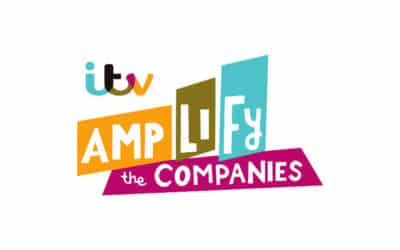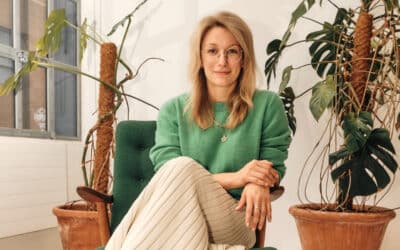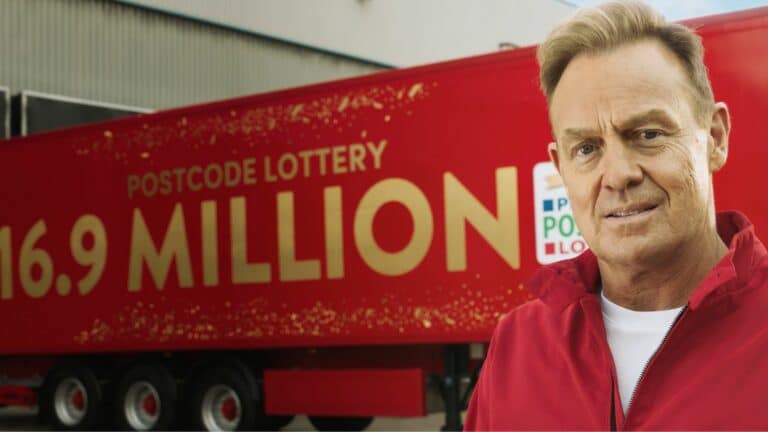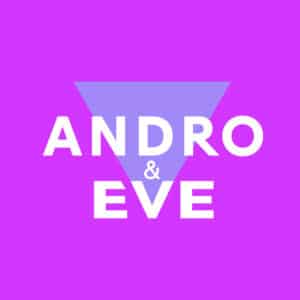From champagne lunches to extravagant offices, the ad industry might have been a “madhouse” back in the late 90s but it’s what enticed a young Vineet Raheja into the creative world.
With fond memories of his summer at university, his best friend’s parents ran their own creative agency and the duo had the opportunity to dabble in anything from working on live briefs to crafting logos.
With an aquarium – that he says were full of piranhas – beneath the floors and an African parrot owned by his friend’s dad, he was dazzled by the creative buzz flowing through the agency’s quirky office.
“It’s how crazy agency offices used to be back in the 90s”, he laughs. “It’s only then I realised, actually, this is a cool job, somebody is paying you to have fun and this could be a really good career choice!”
Mesmerised by the ad industry, he went on to do a postgraduate degree in advertising and communications and was soon snapped up by J Walter Thompson – now known as Wunderman Thompson – for a graduate programme called “Windows”, which was considered then as the “university of advertising.”
After stints working at a mix of large network agencies, such as McCann, to creative independents like HHCL, he’s since racked up over 20 years’ experience in the advertising industry.
But two and a half years ago, he decided to switch things up and moved from the ad agency world to an in-house role at ITV Commercial as head of creative of its Nations & Regions offering.
Like many people during Covid, he pondered what he wanted to change about his career. “I had done advertising all my life,” he says. “I still wanted to do a creative role but I wanted to broaden my creative horizons.”
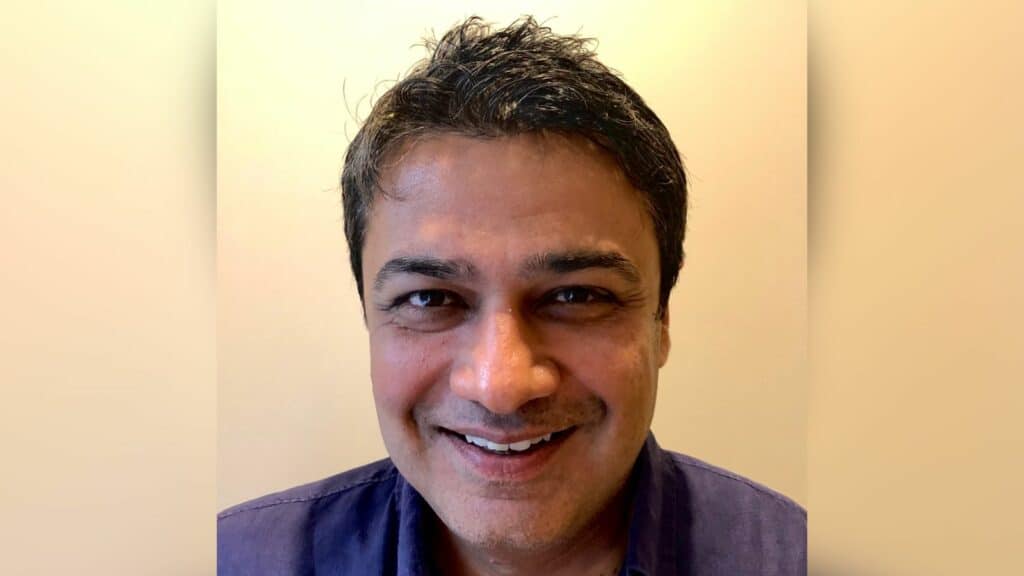
Although most creatives tend to steer away from in-house roles, he believes mainly out of fear of being stuck working on one brand without variety, with ITV it was different.
“Advertising is all about building brands and the best brands are those that reflect the culture. I thought ITV (with its various platforms) is so uniquely placed as a brand itself to help other brands tap into that popular culture.”
Based at ITV’s MediaCity offices, he now leads both the creative development and creative production teams across the nine offices that make up its nations and regions team.
The creative development team comes up with big partnership ideas and sponsorship campaigns. “We don’t just work on one brand; because I work on the commercial side, it means we work with over 1,000 brands,” he explains. “No ad agency will have that many brands on their roster!”
The creative production team makes over a thousand ads a year, this could range from creating an AV asset for new-to-TV brands to producing idents for regional sponsorships. They act as a one-stop-shop for creative production across all nine regional offices.
Although no two days are the same working for ITV, there are “pros and cons” for both agency and in-house roles when it comes to creativity.
“We get a variety of brands, complementing their brand creative with partnerships and sponsorships. We help them make the most of our shows, talent, formats and culture that we, as ITV, have as a brand.
“But we don’t have the opportunity to really get under the skin of the brand with the expansive thinking that agencies do. Equally, they get the expansive thinking but they might be wishing for more variety!”
“It was a real labour of love”
One of the “biggest” partnerships ITV Commercial has done in the nations and regions and one of his personal favourite creative projects is ITV’s partnership with People’s Postcode Lottery. The campaign recently picked up a bronze award for Best Media Idea over £1m at the Media Week Awards, fighting off tough competition from other brands.
With a cast of thousands behind the scenes, the campaign aimed to make a “big splash” about People’s Postcode Lottery’s £16.9m mega prize pot up for grabs in December 2022.
Named ‘That Winning Feeling’, the campaign was designed to be emotionally driven, by tapping into “FOMO” – fear of missing out – by showing gleeful past winners. Rather than functional messages about how to play and enter, the team’s task was to capture the feeling of winning by “selling the dream not the reality”.
Helicopters, the iconic red lorry, brand ambassador Jason Donovan along with ITV talent Alison Hammond and Vernon Kay all featured in the first 60-second spot to launch the campaign.
From the cobbles of Corrie to The Voice studio at MediaCity, the second phase of the campaign followed the lorry’s journey across the UK, as well as through some of ITV’s very own famous postcodes. The final stage of the campaign revealed the winners during an extravagant street party in an entire ad break takeover of 220 seconds.
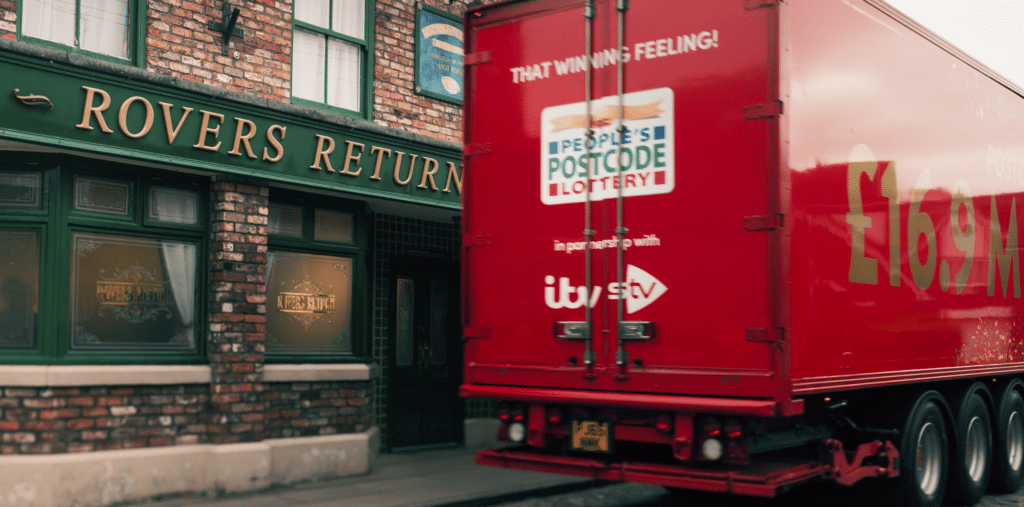
Teaming up with ITV Studios label Lifted Entertainment for the production of the ads, it was to make the ads “feel more like content and less like ads”.
“It was our idea as a creative team to get PPL to tap into the IP of ITV as that’s what’s unique about us,” he explains. “It makes it more interesting and engaging for viewers because they love our shows and love it when brands interact with our shows.”
“It was a real labour of love for all of us, and it took a huge team effort (across Manchester and London) to pull it off!.”
“AI is not going to replace creativity”
An “exciting” part of ITV is its ability to blend content, data, creativity and technology in campaigns.
“Not every brief will allow you to blend everything. Our content is king, it’s what gives us access to the market and to brands. We allow brands, sometimes, to integrate into our shows.”
If you’re an avid fan of Corrie or Emmerdale, you might have already seen some of this strategy in action, with soap stars pulling pints of Heineken Zero in the Woolpack and Rovers Return.
“That was a first,” he explains. “Viewers loved seeing their favourite soap characters drinking Heineken 0.0 in those pubs. It also helped change the perception of zero alcohol lager.”
With a big focus on data, just one of the innovative tools of ITV AdLabs includes Automated Contextual Targeting (ACT) for advertisers.
“For example, an ice cream brand can run their ad every time the mercury rises above a certain temperature. We can decide to place an ad contextual to what was being talked about during a show or to reflect the mood of the show. It’s driven by AI, automatically targeting when the context is right.”
With technology, the “sky’s the limit”. The metaverse is still a big focus for ITV, especially after acquiring creative agency and studio Metavision.
“We did a great John Lewis activation with them a few years ago, when their Christmas ad had a spaceship crashing into Earth. We extended that storyline and had the spaceship crash into ‘I’m a Celebrity’ when it was set in a Welsh castle.
“The campmates had to repair the spaceship to send it back up into space. It’s a great example of how we can blend some of the new technologies into what we do. Not every brief will allow us to extend into all of the touch points, but when it feels authentic, that’s what we look for.”
But with a mix of buzz and doom around the impact generative AI might have on creativity, what are his thoughts as a creative?
“We have to use it for what it really is: a tool. Today it’s all about one tool, tomorrow it will be another tool. What always stays is ideas, I don’t think anybody can replace humans and their ability to come up with surprising ideas.”
Playing around with Chat GPT a few months ago, he jokingly generated a brief for ChatGPT to write a script for an ad.
“It was bonkers. There was no way I could present that script to a client because all it did was comb the internet to find relevant articles and news, and piece that into a script that didn’t make sense and had no relevance to the brand.
“We talk about this all the time. All of these new technologies are just tools. They’re not going to replace creativity, they’re here to amplify creativity if used correctly. That’s my view.”
This interview first appeared in Prolific North’s Northern Agency Guide – order your copy here.

